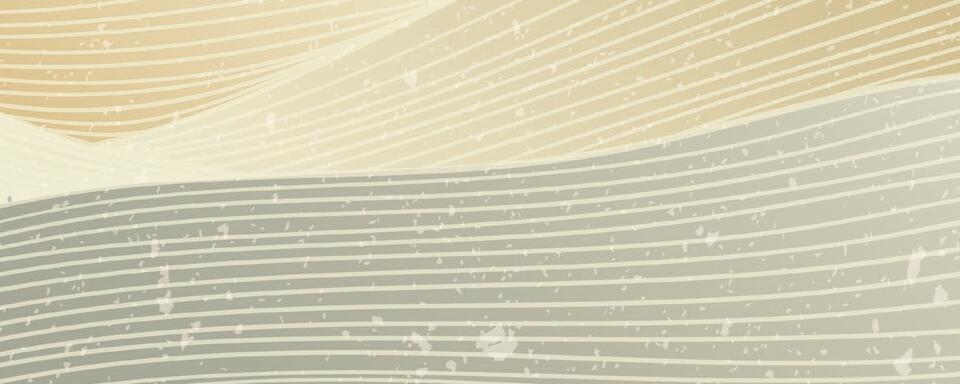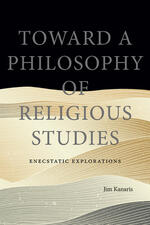
Toward a Philosophy of Religious Studies
Guest post by Jim Kanaris
A clear summer evening is how I want to describe it. The streets of lovely Montreal felt unseemly like a ghost town. Streetlights made their mark on the pavement, usually refracted by streams of individuals excited to be out and about. Excited myself, but for different reasons, I ducked into my office. I needed to retrieve a marked-up copy of Being and Time; today I might have saved myself some time by acquiring a PDF online. It was about thirteen years ago. I was at a crossroads existentially and professionally. For purposes of this blog, I will stick to a combination featuring the latter. An overwhelming sense of inertia had been surrounding my teaching and research. I knew what I was doing was important, but it felt ineffectual somehow, wayward. My desire to make a difference was being serviced more by a quirky personality, pointed out by students, than by anything meaningful I was hoping to get across as a professor of philosophy and religion.
The dissatisfaction was inherited. The sober influence of mentors weighed heavily on me. The importance of “judgment” based on self-discovery, emphasized by one mentor in particular, flooded my conscience as unforgivingly as the potentially pernicious desire for academic credibility, a significant factor in my alienation. To be clear, discovery wasn’t at issue; what stands in the way of that in academia? No, it was the contentious notion of self, a self, the self, which does more than qualify an altruistic sentiment in a compound phrase. I had taken to teaching the contemporary, largely French tradition in philosophy famous for its egocide known as the “death of the subject” in the English-speaking world. I like a good challenge! In North America, this fused with strange configurations indifferent, at best, to attempts as my own reliant on phenomenologies of subjectivity to negotiate the human condition. Admittedly, it is an abstract ingredient in my overview, but it concretely sets the tone for what prompted the production and release of the book Toward a Philosophy of Religious Studies: Enecstatic Explorations.
Earlier I mentioned the famous work of philosopher Martin Heidegger. Almost a century old, Being and Time continues to be a staple in our culture bedazzled by the likes of Friedrich Nietzsche and Jacques Derrida, to name the dynamic duo often uttered in the same breath. Heidegger was far enough from both to provide a clearing for all three, their individual thinking patterns. Couple that with the excellent cognitional theory of Canadian philosopher-theologian Bernard Lonergan, especially his programmatic of self-appropriation, and you have a recipe of self-discovery apropos, I believe, for our times. At least for me, such a combination facilitated a language serviceable both to my aims and students’. That fateful night I made it explicit in my consciousness by prying it from Heidegger’s exploration of engaged agency. My cue was his analysis of the ecstatic (ekstatikon in Greek). I renamed it the enecstatic, playing on the Greek prepositions in the neologism. It signals the idiosyncratic in my own work as a philosopher in religious studies.
Admittedly, this sounds confusing, for which perhaps I can be forgiven since these are confusing times. Unprecedented voices, in this electronic age especially, vie for our attention. “Be yourself” we are often encouraged. The theoretical parameters for the realization, however, can be and often are imperious. Identity, unfortunately, comes at the cost of legitimacy. Pause is required to familiarize oneself with that inner voice reconfigured but hopefully not lost to the refined insights of the other. If enecstasis issues anything, it is a call to this: hold yourself up (stasis) in (en) your openness (ek) to self and other. Toward a Philosophy of Religious Studies is how I experimented with this. I trust others will find use for it toward some similar aim.


